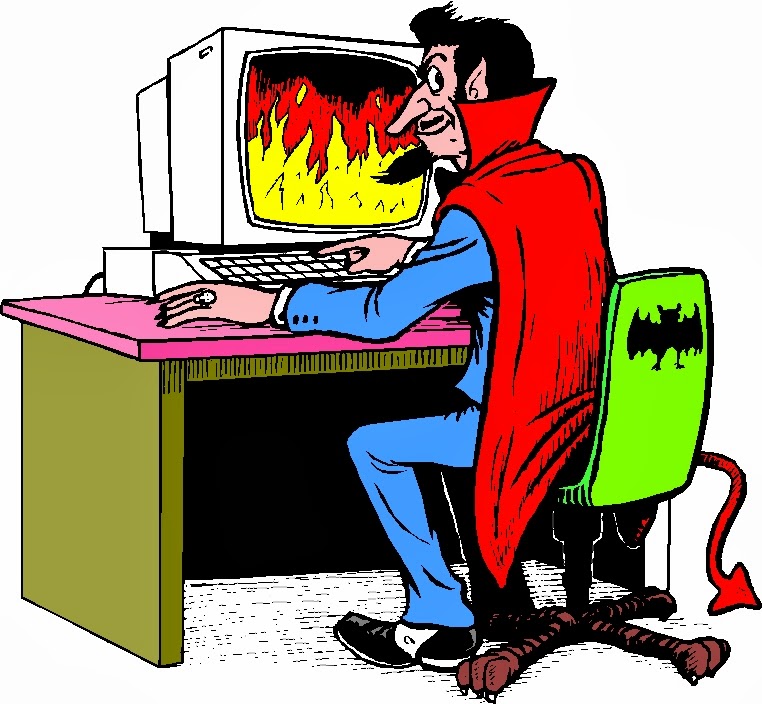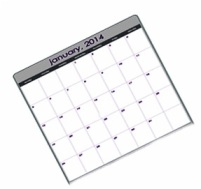Many years ago, I belonged to an informal
writers’ group that met once a month on Sundays. One of them announced her
intent to make a living from her writing. At that time, she’d finished a small
number of stories and hoped to sell her short fiction to literary markets here
in Canada. I pointed out that selling short stories was a pretty tough way to
make a living (or anywhere else for that matter). Even if she could sell her
stories to every major Canadian literary magazine within a year (a feat I don’t
think anyone’s ever achieved), she still wouldn’t make enough to live on. Those
magazines paid on average, $250 per story, and there were only about twenty of them in the country. Plenty of smaller magazines
were around, but they paid in pennies or free copies. Well, the writer shut me
down, saying “I don’t want to hear this”. As far as I know, she’s still not
making a living, however we lost touch years ago.
Having goals is important, but if a writer
is depending on writing income to pay the bills, then reality checks are crucial.
By this I don’t mean reading about the success stories of Hugh Howey, Joe
Konrath, Amanada Hocking, E.L. James, and others. They are the rare exceptions
to financial success.
Even traditionally published authors aren’t
having an easy go of it these days. In fact, there’s been a lot of discussion
on forums this week about the cracks in the romance writing biz. It appears that
increasing numbers of traditionally published writers want out of their
contracts due to poor print sales, lack of publisher support, almost nonexistent
editing, and terrible covers. Romance readers have jumped on the e-book
bandwagon, causing print sales to drop significantly.
Digital Book World recently took a survey of
10,000 authors and discovered that most authors are making less than $1,000 a
year from their work. 80% of self-published authors earn less than $1,000. Over
half of traditionally published authors earn less than that, as do 40% of
hybrid authors (those both traditionally and self-published). Unsettling, huh?
The data also revealed that only 10% of traditionally
published authors make over $20,000 a year and 5% of self-published authors. I’ve
written before that even Pulitizer prize award winners are selling less than
1,000 print copies of their work, and e-book sales for many aren’t faring much
better.
We work in an over-saturated market where
free books can quickly provide enough reading material for the rest of one’s
life. Still, we also work in a world, where readers always seek the next good
read and movie producers constantly search for that next big movie. Is there
hope and opportunity to break through that $1,000 mark, or $20,000 mark? Of
course, but while you’re shooting for the stars, every once in a while, put one foot on the ground just to make sure it’s still there. To read more of
the Digital Book World’s findings, you can find the link through GalleyCat’s
blog.
P.S. I almost forgot. My publisher's put my first Casey Holland mystery, The Opposite of Dark for sale on Kindle for $1.99 until Feb. 2nd!





